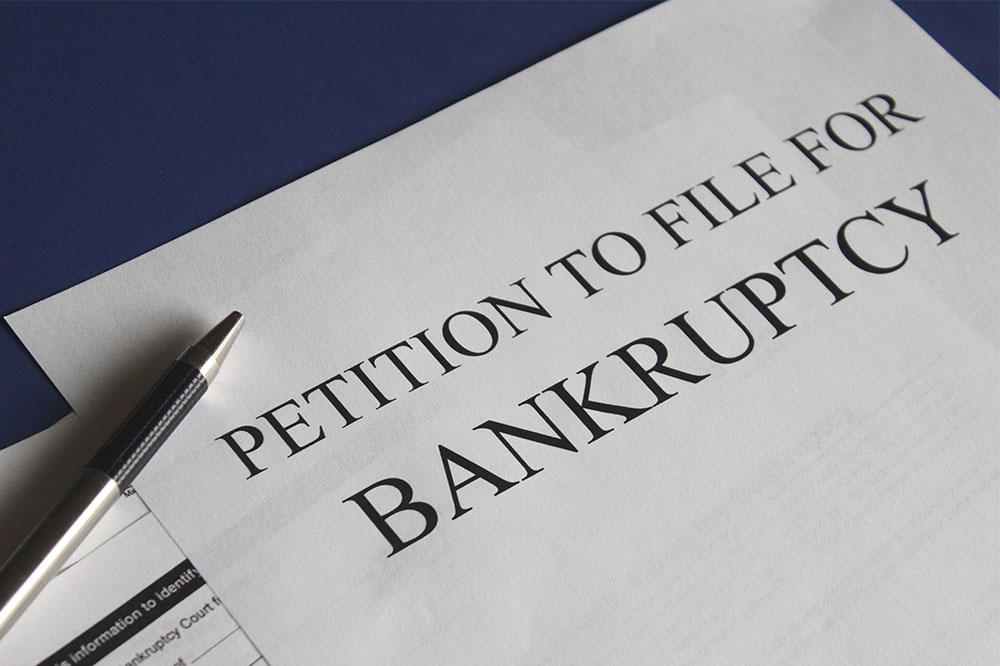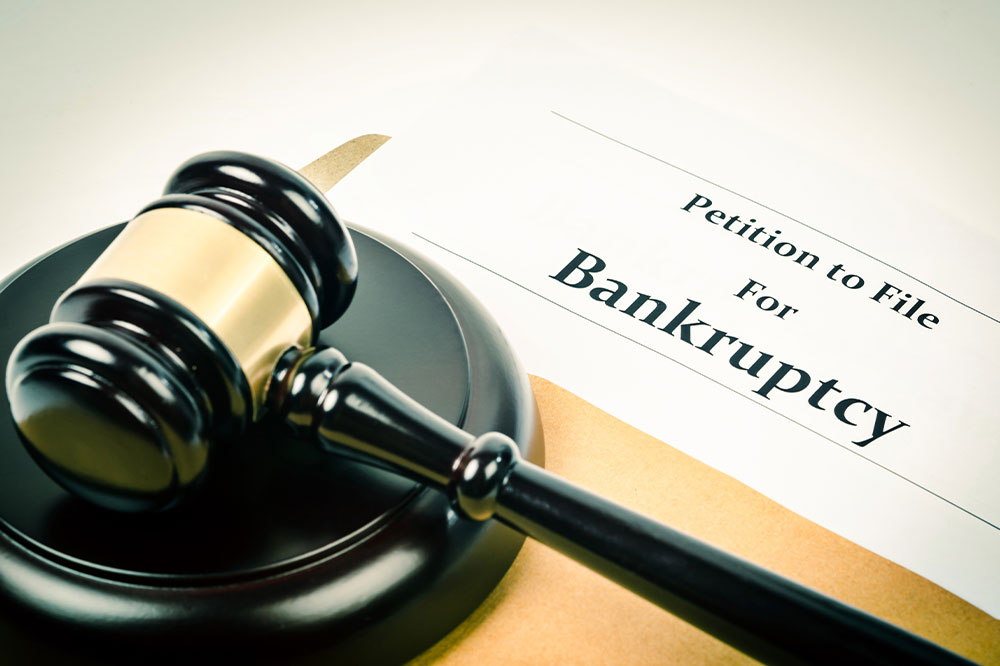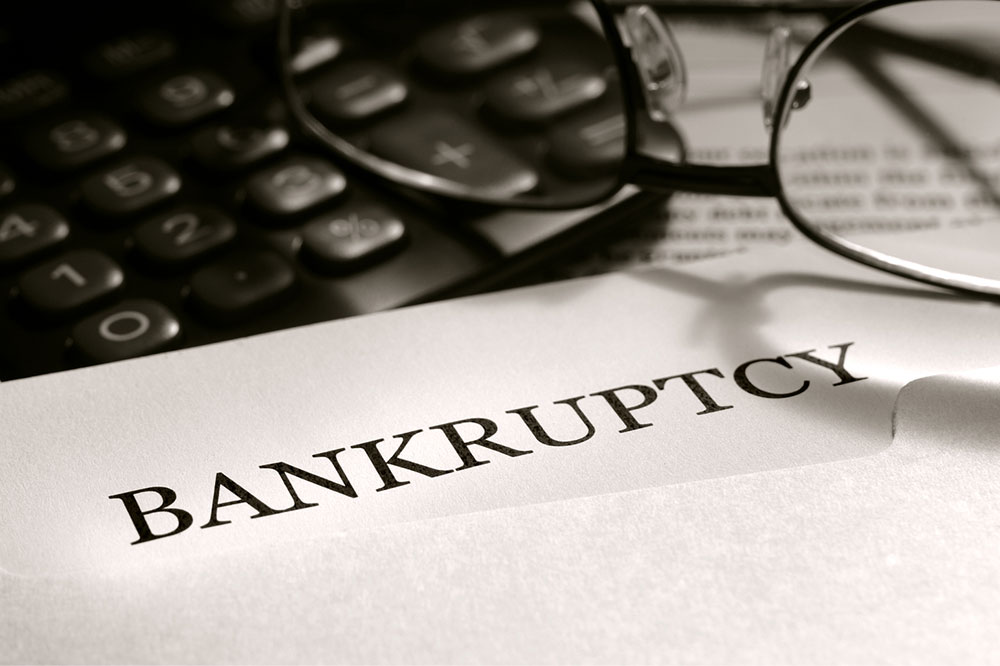Comprehensive Guide to Bankruptcy Filing Costs and Expenses
This in-depth guide explores the various costs involved in filing for bankruptcy, including court fees, attorney charges, and educational courses. It provides practical advice for low-income applicants and explains the differences between Chapter 7 and Chapter 13 bankruptcies. Understanding these expenses helps debtors plan financially and navigate the process more effectively, making bankruptcy a manageable step towards debt relief and financial stability.

Understanding Bankruptcy Filing Expenses: A Complete Guide
Filing for bankruptcy can be a strategic step toward regaining financial stability for individuals and businesses facing insurmountable debt. While the process provides essential relief, it also involves various costs and fees that applicants must consider. These expenses can differ widely depending on the type of bankruptcy filed, geographic location, case complexity, and legal representation. This comprehensive guide covers all the key expenses involved in bankruptcy filings, helping filers better understand what to expect and how to prepare financially.
Overview of Bankruptcy Types and Standard Filing Fees
The two most common chapters filed by individuals are Chapter 7 and Chapter 13 bankruptcy. Each has distinct provisions, processes, and associated costs that applicants need to understand thoroughly.
Chapter 7 Bankruptcy: Judicial Fees and Costs
Chapter 7 bankruptcy, often referred to as liquidating bankruptcy, is designed for individuals or entities that are unable to pay their debts. The court charges a standard filing fee of approximately $335. This fee covers the administrative costs associated with processing the case and initiating proceedings. It is a fixed expense, regardless of the specifics of the case.
In some instances, individuals who meet certain income criteria—generally those earning less than 150% of the federal poverty line—may qualify for a fee waiver or a payment plan. These options are designed to alleviate the financial burden on low-income filers. To obtain a waiver, applicants must submit a formal request, demonstrating their financial hardship. If approved, the court may waive the court fee altogether, encouraging more individuals to seek relief without the obstacle of upfront costs.
For those who do not qualify for waivers, installment payment options are available. Typically, these payments must be completed within 120 days after filing, allowing debtors to spread out the expense over several months. It's important to note that fee waivers and payment plans are contingent on the applicant’s financial status, and proper documentation will be required during the application process.
Attorney Fees and Legal Costs in Chapter 7
Hiring an attorney is a critical element in navigating bankruptcy smoothly. Attorney fees for Chapter 7 cases vary based on several factors, including the complexity of the case, the number of unsecured debts, and the value of property or assets involved. On average, legal fees range from $1,000 to $1,500. These costs can be paid upfront or through structured payment plans, depending on the lawyer’s policies and the client’s financial situation.
Many attorneys accept installment payments, especially since during bankruptcy proceedings, an automatic stay is typically in effect. This legal provision temporarily halts creditor collection actions such as lawsuits, wage garnishments, and bank levies, providing debtors peace of mind while managing legal fees.
Chapter 13 Bankruptcy: Structured Repayment and Costs
Unlike Chapter 7, Chapter 13 bankruptcy involves creating a structured repayment plan over three to five years. This chapter is suitable for individuals with steady income who wish to retain their assets while addressing debt obligations in a manageable way.
The filing fee for Chapter 13 is also around $310. Unfortunately, fee waivers are typically not available for this chapter, but some attorneys may allow clients to pay the filing fee in installments. Most legal fees associated with Chapter 13 are incorporated into the repayment plan, which means that debtors can include legal costs as part of their monthly payments to the court.
Attorney costs for Chapter 13 cases tend to be higher than Chapter 7, reflecting the increased case complexity and length. Fees can range from $3,000 to $6,000 or more, depending on the case specifics. Given the extended duration and detailed nature of Chapter 13 cases, debtors should plan for these costs and incorporate them into their overall financial planning.
Mandatory Credit Counseling and Debtor Education Courses
Both Chapter 7 and Chapter 13 bankruptcy filings require debtors to complete credit counseling before filing and debtor education afterward. These courses are designed to help individuals understand their financial behavior, improve their money management skills, and prevent future financial difficulties.
Credit counseling courses are generally priced at around $50 and can be completed online or in person prior to filing. Post-bankruptcy debtor education classes follow the same fee structure and typically focus on budgeting, debt management, and financial literacy. Completion of these courses is mandatory for the court to finalize the bankruptcy process and discharge debts.
Additional Factors Affecting Bankruptcy Expenses
Several additional variables can influence the total costs and expenses associated with bankruptcy filings. For instance, cases involving multiple income sources, assets, or a large number of creditors tend to be more complex, often requiring more legal work and incurring higher fees.
Other elements that can impact costs include prior bankruptcy filings within the past 6 to 8 years, allegations of fraudulent behavior, or ongoing legal issues like eviction proceedings, bank levies, or lawsuits. Creditors’ claims, the review of assets, and court rulings related to these matters can significantly affect overall expenses and case duration.
In summary, understanding the comprehensive costs associated with bankruptcy is crucial for effective financial planning. While the essential court fees are fixed, ancillary costs such as attorney fees, legal costs, education courses, and additional legal issues can vary substantially. Consulting with legal professionals and financial advisors encourages well-informed decisions, ensuring a smoother process towards financial recovery.





